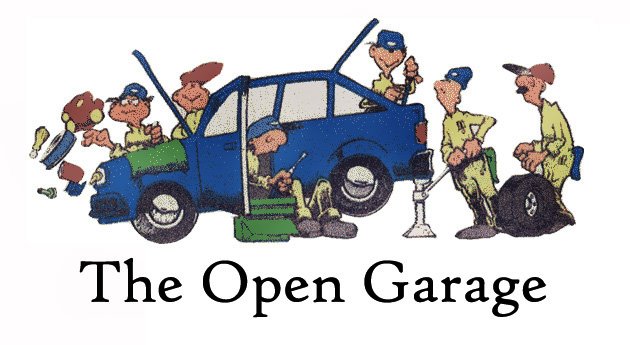Switch off your air conditioning could save you 16% of your gas.
Driving with your windows down can reduce MPG by 8%
Make sure your tires are at the right pressure to save 1-2%
Energy efficient tires can reduce fuel costs by 5%
Keep your speed down.
Accelerate (and decelerate) slowly rather than in one big burst. Planning ahead is the most useful thing. If you must make short trips save up a group of them and do them all at once.
Choose a route and time of day to travel that is less congested and allows you to cruise at a steady speed, acceleration is not your friend. Keep a good gap to the car in front so you can choose how to brake and accelerate and look well ahead so you can change speed gradually in response to the traffic.
Use the car as little as possible when it, the car, is cold. In its first couple of miles from cold the fuel consumption is very poor indeed. This is one of the reasons grouping journeys together is a good thing.
Weight is your enemy. Every kilogram you have to accelerate uses fuel. Don't carry anything you don't need to. Go on a diet.
Take your roof rack off when not in use, above 30 mph it will add significantly to your fuel bills and pollution.
When choosing a new car avoid automatics, only the Audi multitronic gets close to manual efficiency.
Drop the motorway cruising speed and the fuel consumption is 2% better. Not bad for an automatic.
Start the engine only when ready to go & set off immediately. Avoid revving up & push in a manual choke as soon as possible.
Control your speed as traveling at less than 15mph creates the most pollution. As your speed increases up to 60mph your level of pollution decreases, traveling over 60mph increases your level of pollution again. 40-55 mph is the most economical speed. At 70 mph you use up to 30% more fuel than at 50 mph. Drive steadily & read the road to maneuver smoothly.
Harsh acceleration and braking can use up to 30% more fuel and can cause increased wear and tear on the vehicle, especially brake pads & tires.
Get in the right gear, preferably top. Change before 2,500 revs per minute.
Avoid idling. Shut off the engine when standing still for one minute or more.
Check tires monthly. 7psi under-inflation wastes half a gallon per tank & will wear out your tires faster.
Start the engine only when ready to go & set off immediately. Avoid revving up & push in a manual choke as soon as possible.
Control your speed as traveling at less than 15mph creates the most pollution. As your speed increases up to 60mph your level of pollution decreases, traveling over 60mph increases your level of pollution again. 40-55 mph is the most economical speed. At 70 mph you use up to 30% more fuel than at 50 mph. Drive steadily & read the road to maneuver smoothly.
Harsh acceleration and braking can use up to 30% more fuel and can cause increased wear and tear on the vehicle, especially brake pads & tires.
Get in the right gear, preferably top. Change before 2,500 revs per minute.
Avoid idling. Shut off the engine when standing still for one minute or more.
Check tires monthly. 7psi under-inflation wastes half a gallon per tank & will wear out your tires faster.

